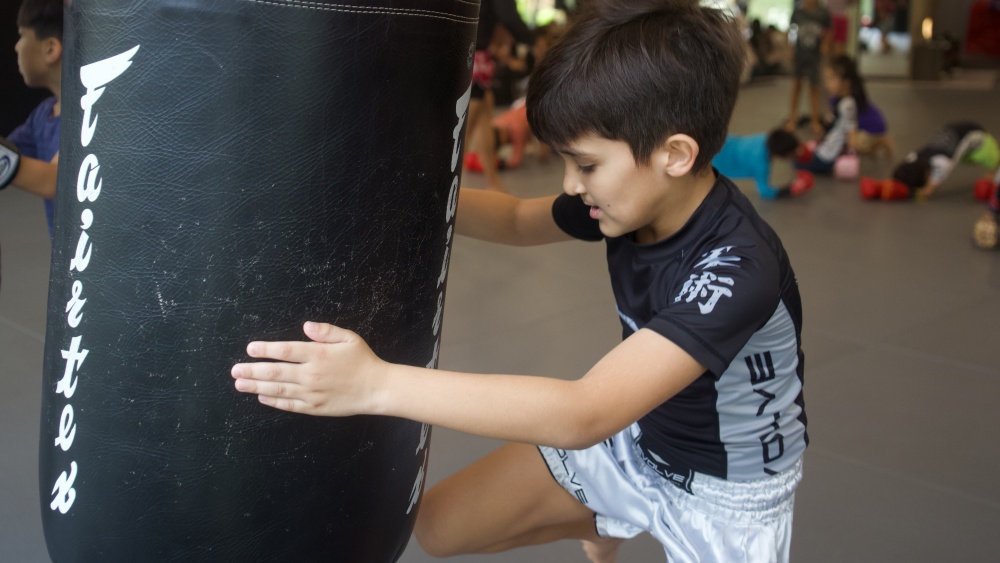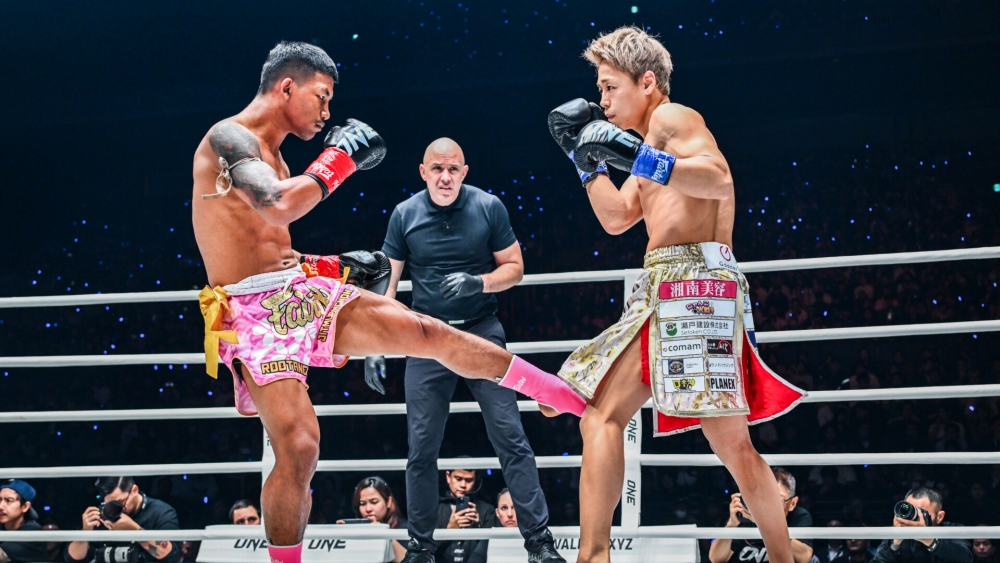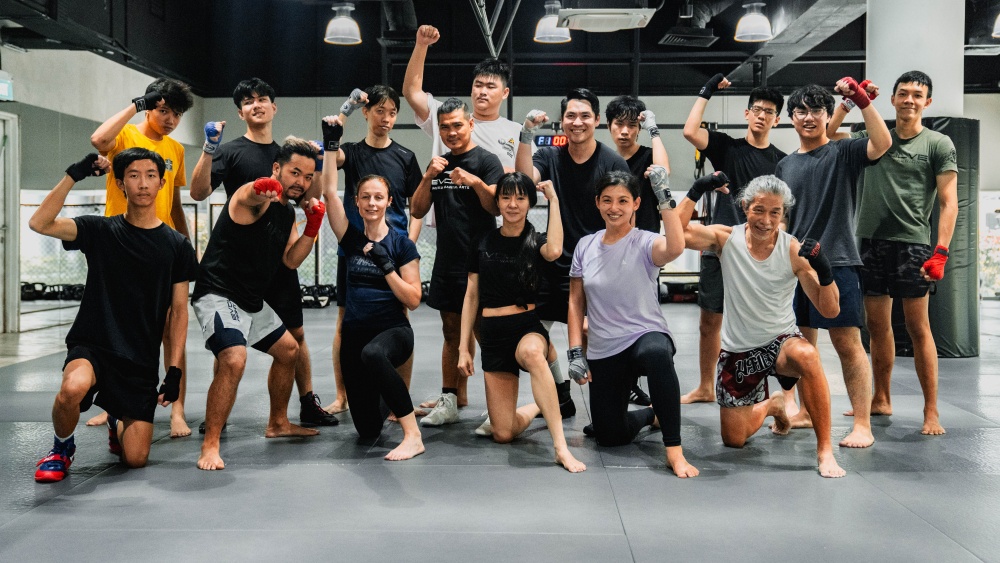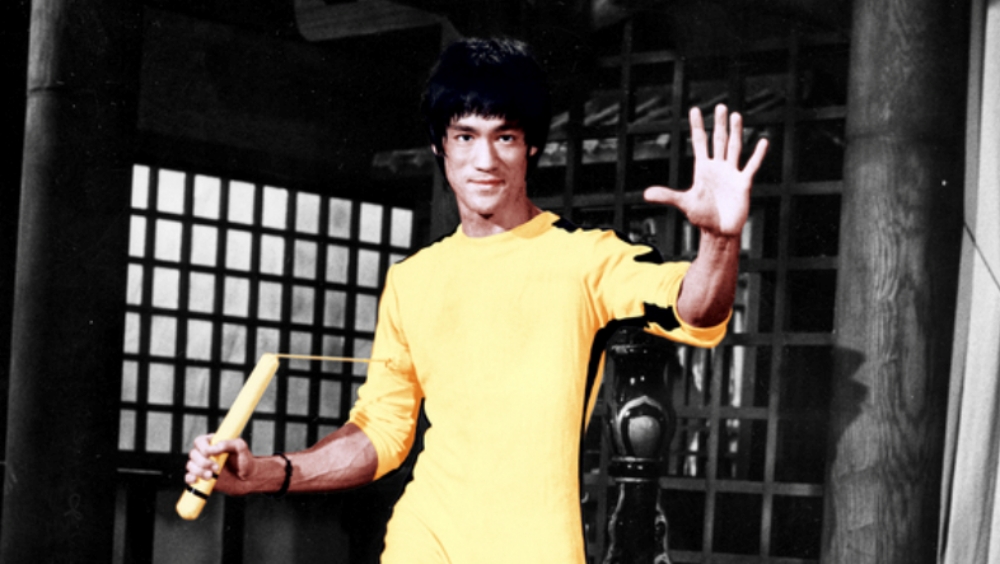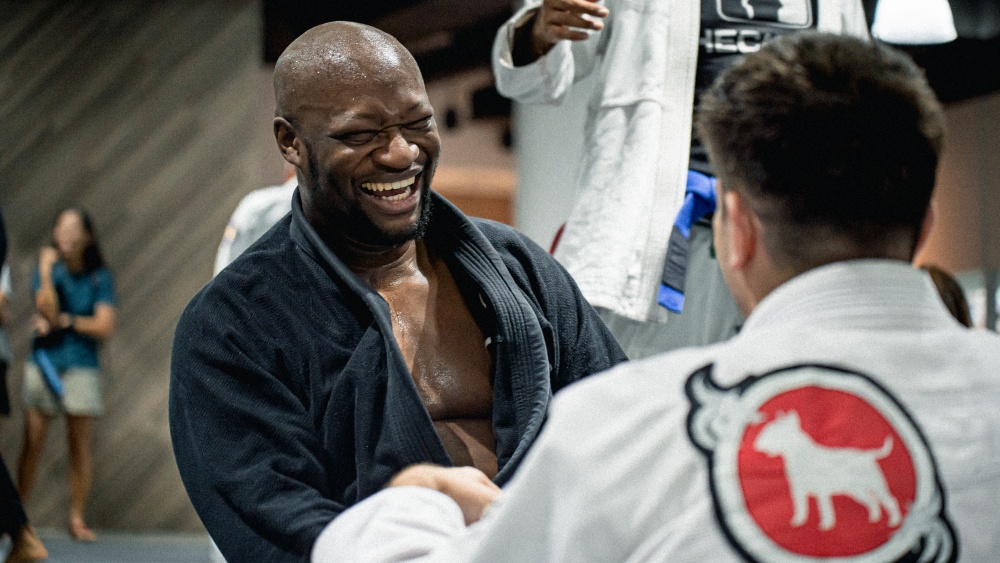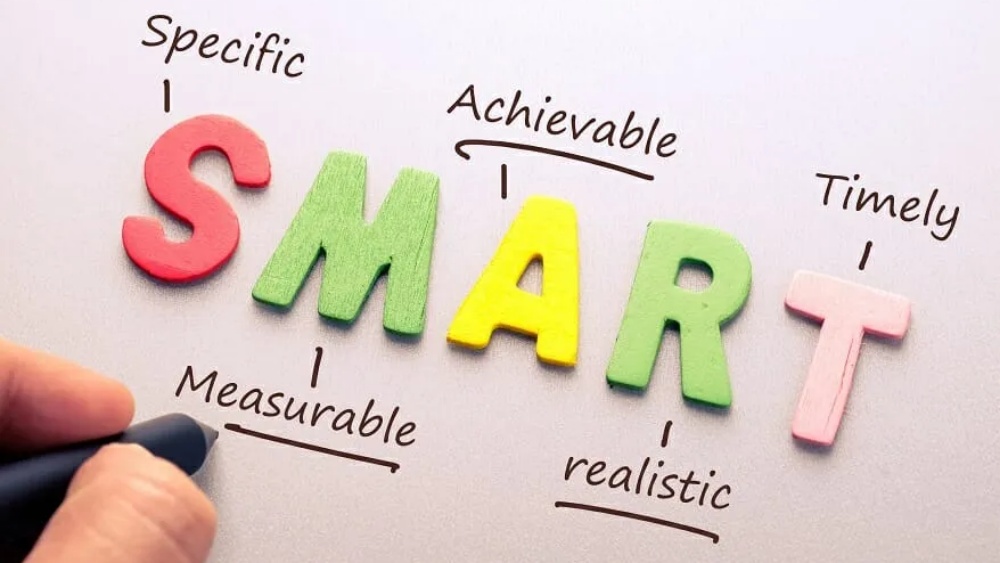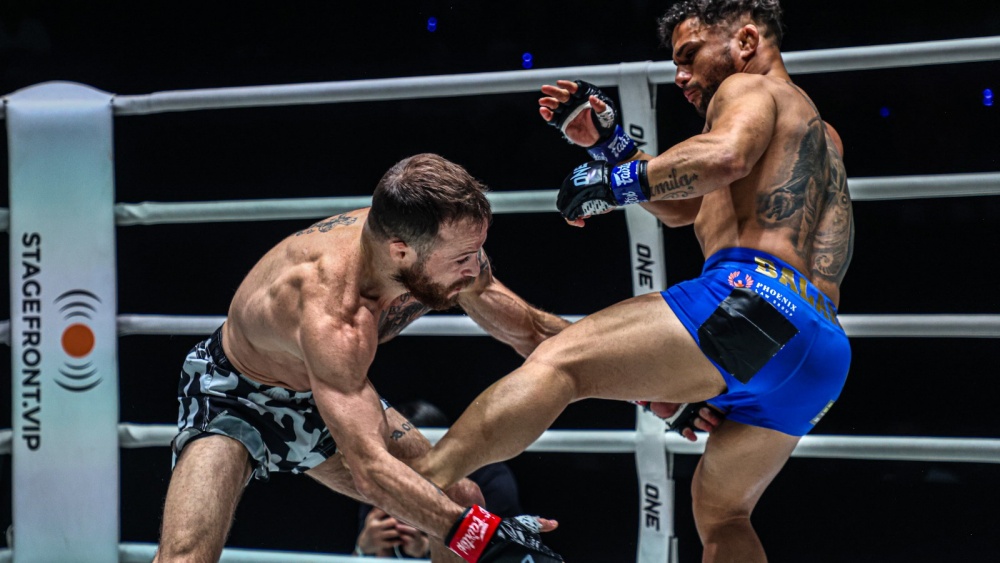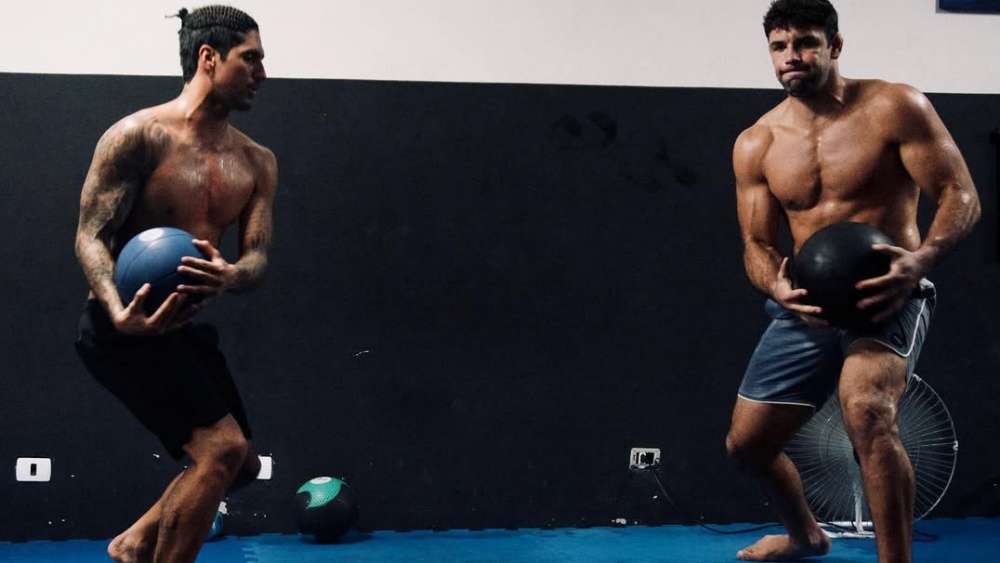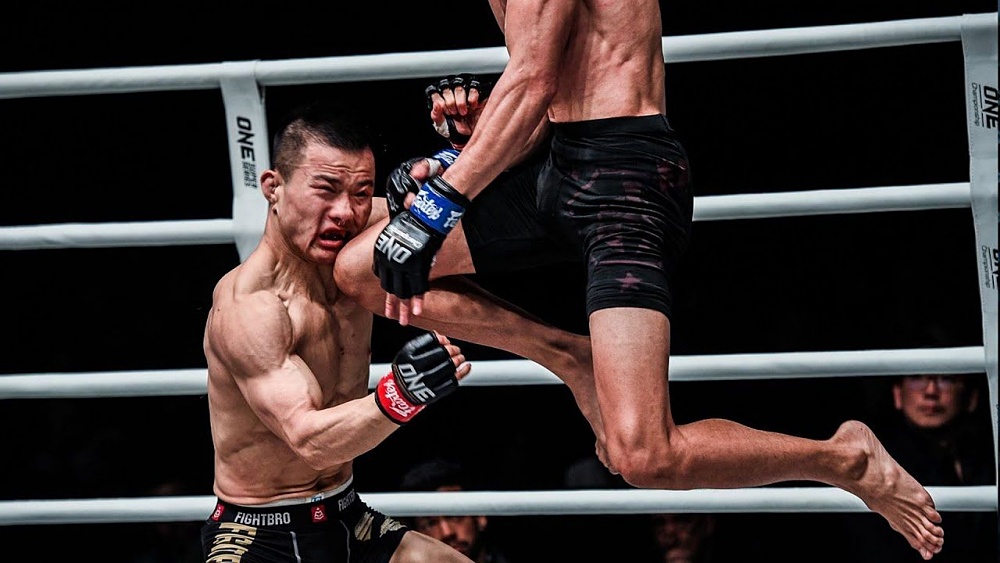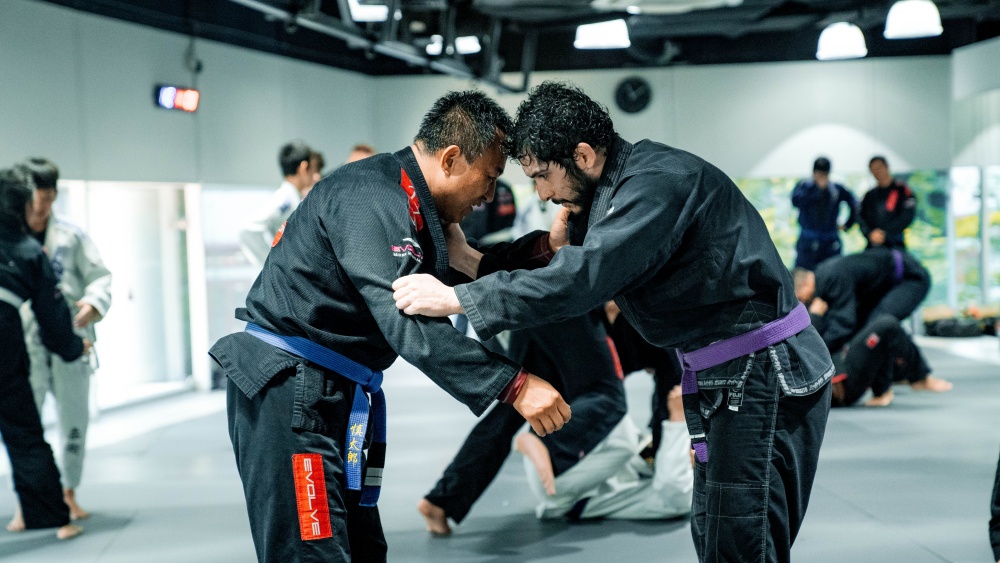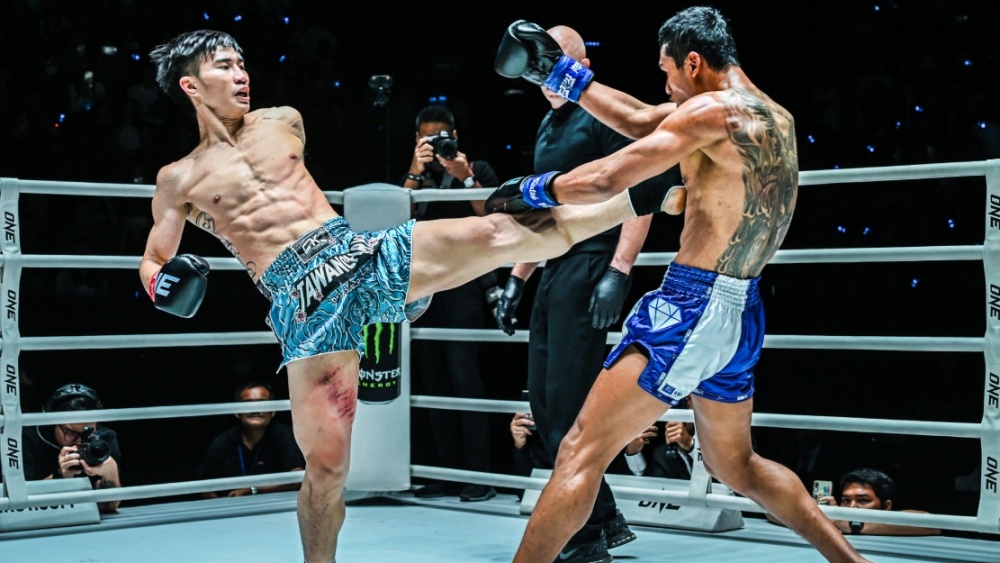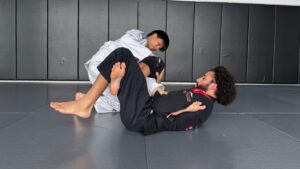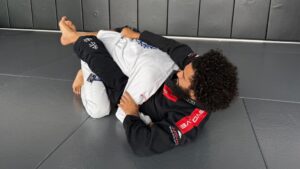Martial artists look pretty good as they showcase their craft during practice, competitions, or exhibition matches. Watching skilled fighters in action has inspired countless fans to learn martial arts.
Still, there’s more to martial arts than this compelling opening pitch. Martial arts go deeper than the grace and brutal precision of a successful counter-strike. You also develop qualities that translate past fitness and self-defense.
You Need A Certain Mindset To Pursue A Martial Art
The grace, agility, and thrilling action of skilled fighters going at each other can be inspiring. However, inspiration is not enough to turn a spectator into a martial artist. It takes a strong personality to learn and perfect a discipline. You will also need to develop other traits to help you through your journey.
These traits become evident as we go through a list of martial arts values to live by. Here is a not-so-short list of those values:
1) Discipline
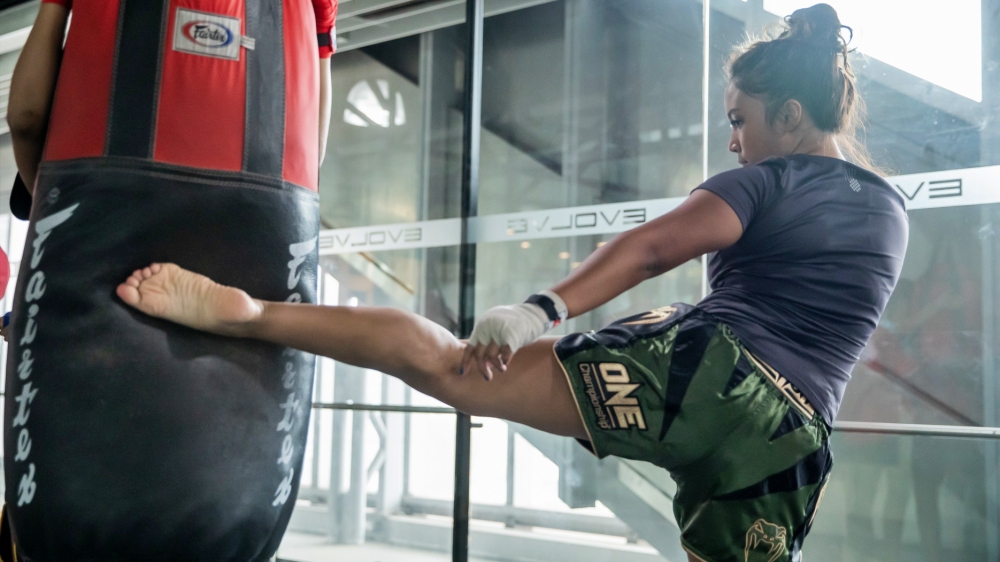
Learning a new skill takes time and effort, like most good things in life. You’ll need to show up for your training sessions ready and on time without fail. It takes discipline to go to a martial arts class on a day when you’d rather sleep in or go straight home after a long day.
You need even more discipline to put in the practice that turns your trainer’s instructions into actual techniques you can use. Practice usually takes the form of drills and exercises that you’ll often do on your own. In this case, discipline means holding yourself accountable without depending on someone to tell you what to do.
2) Self-Motivation
Many successful people get to the top of their game because they are self-starters. World-class athletes narrate how they spent hours on the pitch or court long before they could make money off their abilities. Despite an abundance of natural talent, an athlete has to put in the hours, with or without their trainer.
Self-motivation is helpful to cultivate because it transforms brilliant ideas into world-changing phenomena. Think of technology ideas born in garages that go on to change how we use the internet. It takes drive to create a working product, sometimes without the assurance of a big payday.
The same principle holds for anyone who pursues martial arts. Success means showing up and putting in the hours without any assurances of what the future holds.
3) Attentiveness (Concentration)
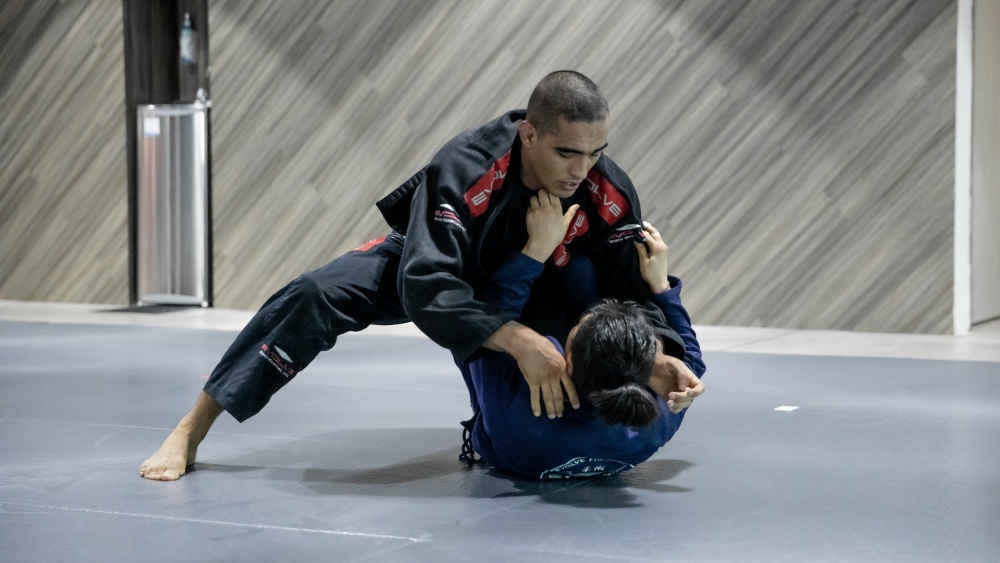
Being mindful comes in handy in life and, more specifically, martial arts. It takes a keen eye and good hearing to take in what your martial arts instructor tells you. Take it to the next level and let your brain process the information coming in through your senses. Lastly, commit the information to memory because you’ll need it for practice.
Being mentally present during your training allows you to learn faster than a distracted student. An attentive brain also stores the information you need to perfect your technique during practice.
This particular skill is helpful in a work setting, where concentration allows you to complete tasks quickly.
4) Persistence
Persistence is a good fuel source for discipline because the character trait pushes you to show up. A persistent martial arts student shows up for their lessons, and they show up for practice. The student will practice a challenging technique until they master it, with persistence managing any frustrations they may feel.
As usual, values you develop through martial arts training are valuable in real life. You need to persist through all kinds of situations that come your way. From dealing with a challenging client to reaching a financial goal, persistence will serve you well.
5) Patience
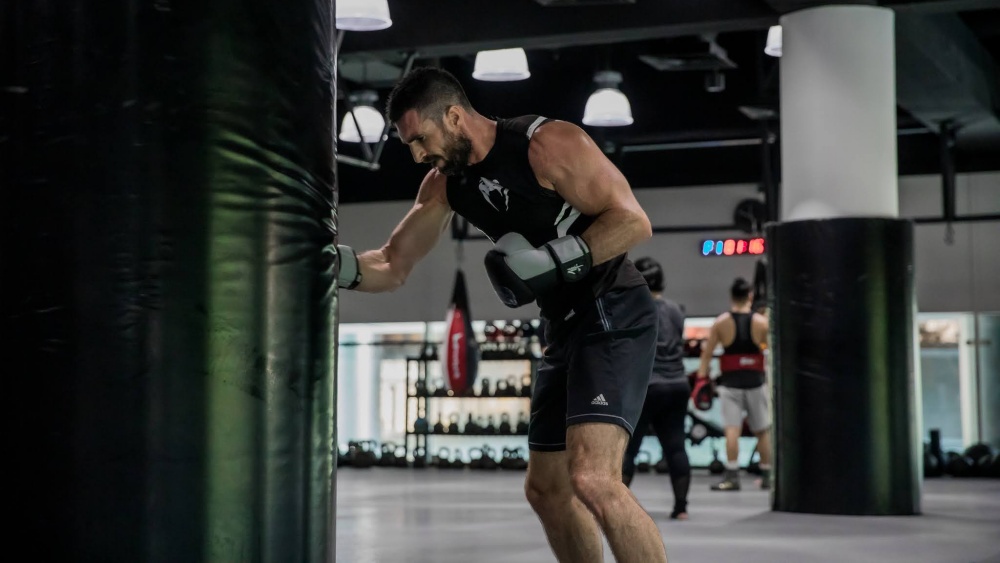
If persistence is one side of a coin, patience is the flip side. Trying to perfect a martial art technique that you struggle at can be frustrating. Often, the more time you put in without results, the more worked up you’re likely to become. That’s where patience comes in to keep you from throwing in the proverbial towel.
It’s patience that will keep you from breaking equipment as you fumble that move for the tenth time. Patience is the quiet power that gets you to the gym or dojo after your previous frustrating session. Being patient with yourself is an excellent quality to develop when your performance isn’t where you want it to be.
Eventually, you figure it out, celebrate and move on to the next challenge. Patience is another value with real-world applications, so build on it.
6) Pacing Yourself
This is both a value and a skill that requires the patience we discussed in the previous section. It’s crucial to develop the stamina to power through fatigue, but there are limits to how far you should push yourself. For this reason, your trainer will ask you to include rest days in your routine. The time off will give both your mind and body the time they need to recharge.
Pacing yourself also means that you should take a moment when you have a hard time with an aspect of training. Take a moment to ask your trainer for input, advice, or correction.
7) Self-Improvement
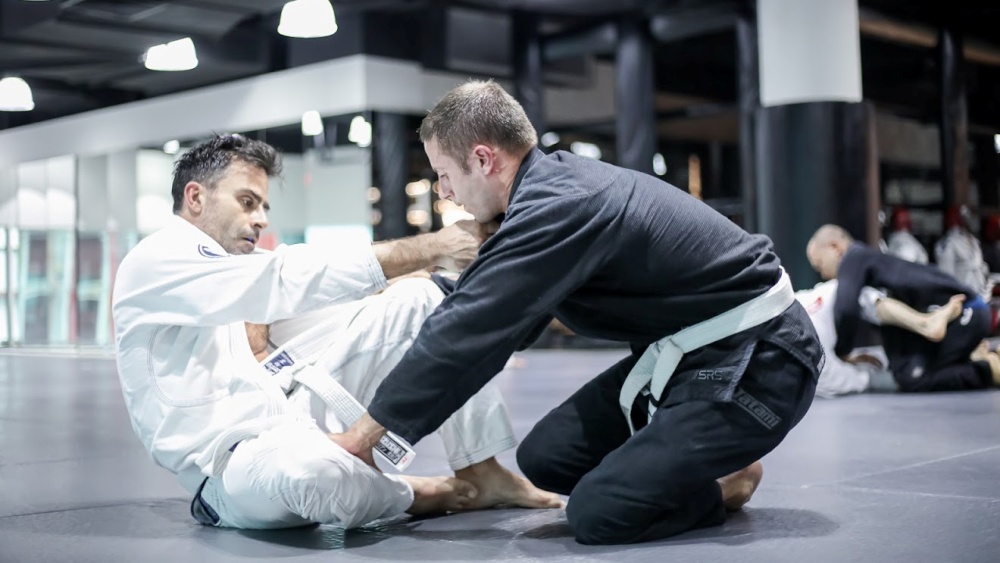
In no way does pacing yourself translate to slacking off when it gets hard. Martial arts are disciplines that require constant self-improvement and a level of adaptability.
Adaptability means that your trainer should have the skill to figure out the best way to teach a difficult move. The result is that you improve, and then you perfect your technique. Most importantly, you move on to the next challenge and work on it.
This is martial arts in a nutshell, and there is always room to improve and learn something new. Professional martial artists will often work on winning one title and move on to the next one. The ones that become teachers strive toward guiding their students to excellence.
8) Excellence
Excellence comes at a price, so you need to cultivate the character traits from previous sections. Get to the top of your game by putting in the hours and committing to a long-term plan. A good plan breaks down into smaller tasks that you have to execute to perfection. This is where persistence, patience, and constant self-improvement come in.
With martial arts, you start by doing one small thing to perfection. Then you move on to perfecting another small thing before merging several techniques into a combination that could win you a fight. As you master your craft by perfecting one small thing after another, excellence slowly becomes your default setting. Take it a step further and apply this principle to other pursuits outside of martial arts.
9) Precision
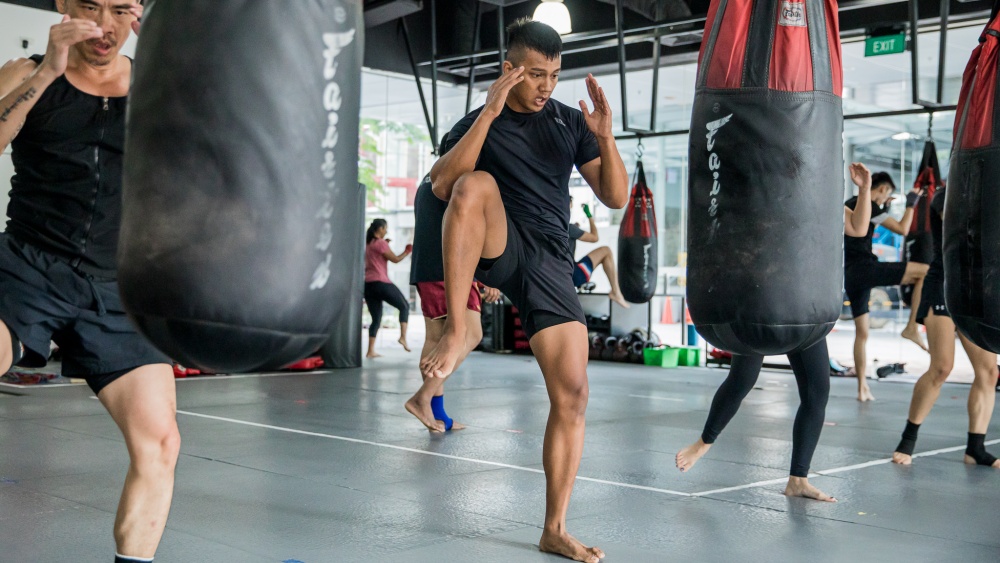
In martial arts, precision could mean refining a technique to the point of explosive power and machine-like accuracy. Precision could also mean crafting a training and practice regimen that yields results in a short amount of time.
Learning martial arts requires a deliberate approach that lets you make full use of your time. You’ll pick up this trait as you watch your trainer organize your lessons. Soon you’ll work out that your coach will teach one technique and use it to teach a second, more complex move.
The trainer will use drills to develop endurance or good form, which will help you to execute some techniques. Competitive martial artists watch opponents and craft precise tactics to win a fight.
The attentive student could learn organizational skills and ‘project execution’ from a martial arts setting.
10) Helpfulness
It’s common to hear a dojo or martial arts studio describe itself as a community. This is not just a sales pitch to get clients through the door; martial arts really do foster a sense of community.
Your trainer will guide you through every step of the learning process. They will oversee your drills and exercises, giving correction and advice where you need it. The trainer will also watch you spar and provide guidance where you need it.
It’s worth mentioning that fellow students are also a helpful resource. An advanced student can give you pointers to improve your form, or they can give you advice on rest, practice, or the seafood restaurant around the corner. You will need the help, and at some point, you will be in a position to offer help. Martial arts values dictate that you pay it forward whenever you can, which brings us to:
11) Teamwork
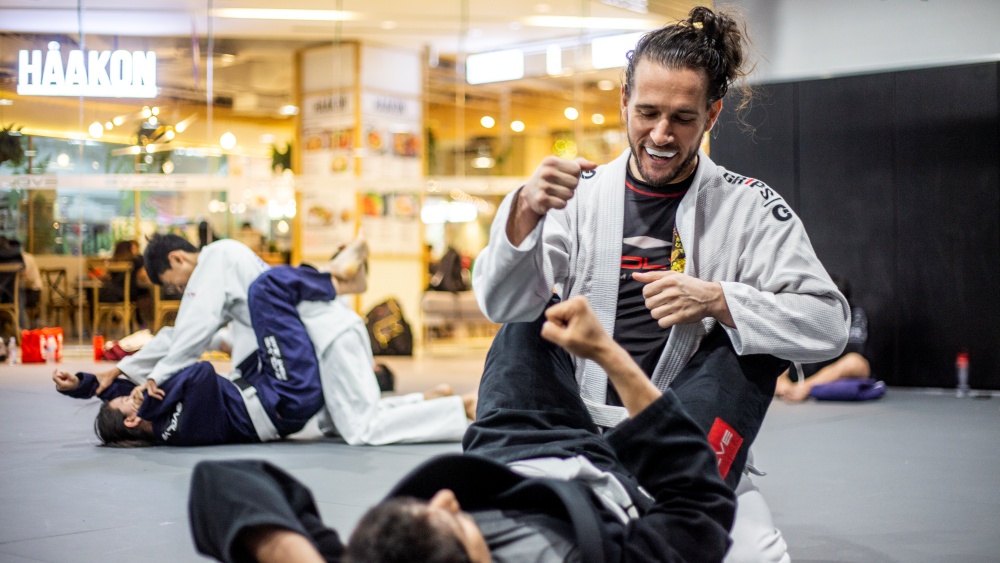
Martial arts are a team sport, though it doesn’t look like it in the proverbial ring. A typical martial arts team consists of your trainer, your sparring partner(s), and the students you train with regularly. This support system helps you grow your skill and reach a competitive level. The team will help you prepare for competitions and cheer for you from the sidelines.
In the same vein, you will eventually be able to offer the same support to your team members. This is the community that martial arts organizations constantly talk about. Teamwork is a valuable value in the real world because society requires collaboration.
12) Kindness
Offering support to your martial arts gym or studio members takes a certain personality type. Let’s say you are volunteering a chunk of your time to spar with a newbie. It takes kindness and humility to extend the time you spend at the gym when you could be doing something else.
Teamwork requires team members to support each other, which is where kindness comes in.
13) Fortitude
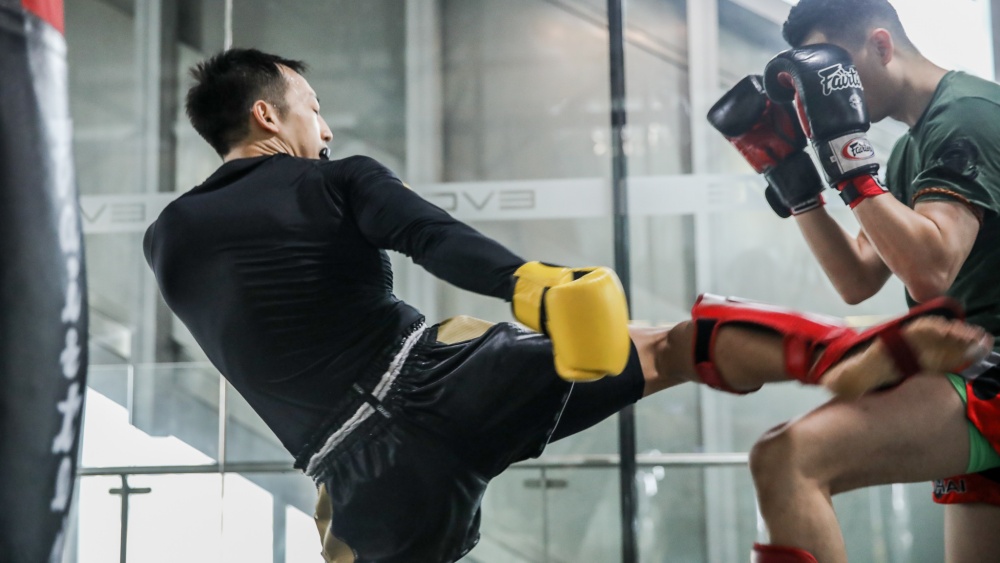
Mental and emotional strength are considerable assets in your daily life, especially when a challenge comes knocking. Martial arts help you develop different aspects of mental strength, which we’ll repeat here:
- Persistence
- Discipline
- Patience
Hone these character traits through martial arts and keep them as ‘insurance’ or an ‘emergency fund.’ You never know when you’ll need to draw on your reserves of fortitude.
14) Knowing When To Ask For Help
Martial arts require you to lean on your instructor for teaching, advice, and correction. You need a fellow student to crack a joke on a hard day and a sparring partner to practice your technique.
Since you spend time and money to learn a martial art, you should make the absolute most out of your training. Let your instructor know if you’re stuck and struggling. Politely ask for pointers from a good student if the instructor is on the other side of the room.
Ask for help when the alternative is struggling with an issue that you cannot solve. This works in a martial arts studio and most other situations.
15) Honor
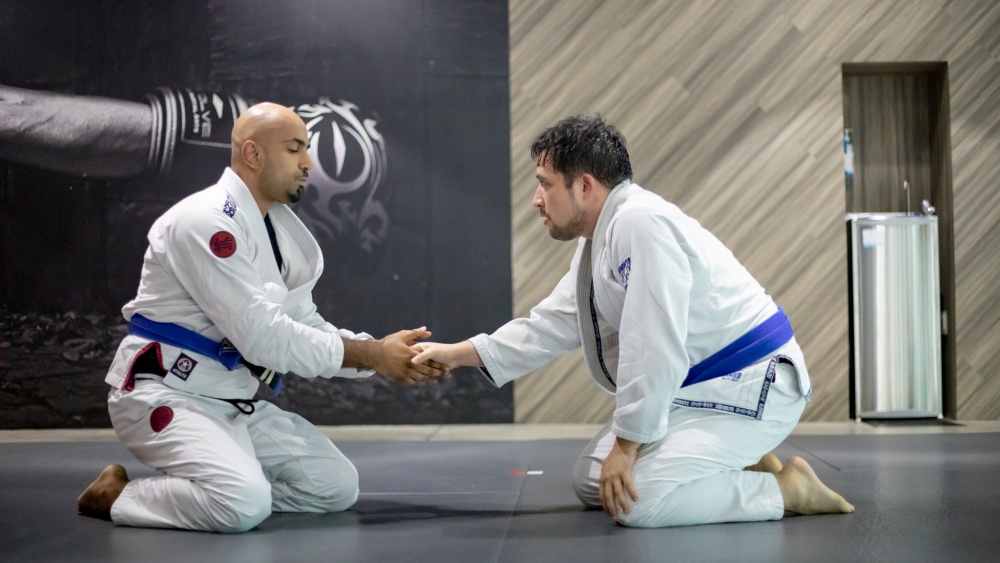
So far, we can see that martial arts teach much more than simply attack and defense. Martial arts teach you how to conduct yourself inside and outside of a combat situation. Competitions require that you follow the rules, and you will have to deal honorably with your team members.
16) Respect
Be respectful to your trainer, your team members, and support staff. Extend the same respect to the competition, inside and outside the ring. Lastly, serve yourself with a generous helping of respect for being respectful.
17) Confidence
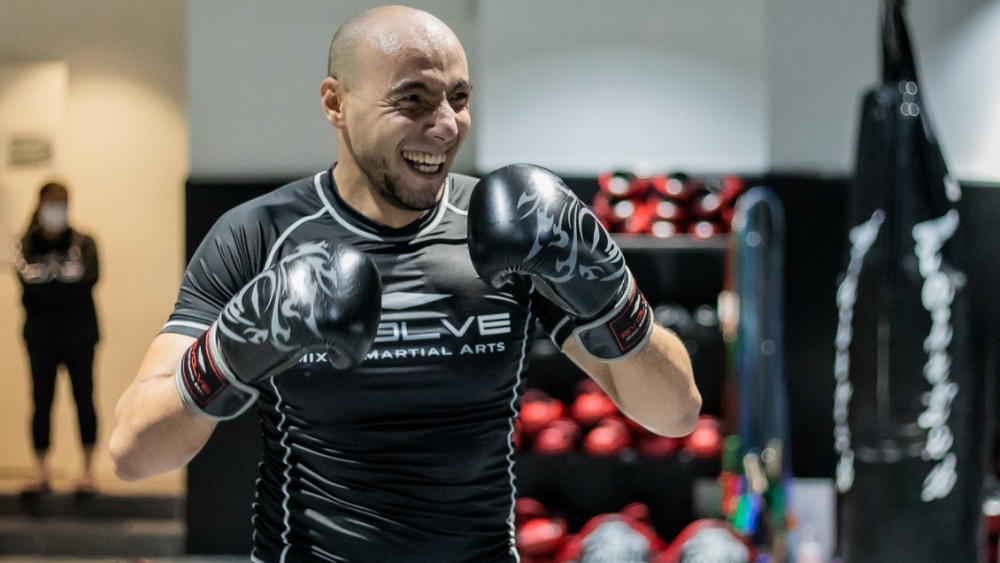
Learning a martial art grows your confidence, probably because you know you can defend yourself if you have to.
The quiet self-assurance also comes from learning discipline, persistence, and excellence. It turns out that respect and confidence are helpful tools in avoiding or resolving conflict.
18) Conflict Resolution
Most martial arts disciplines emphasize avoiding fights outside a competitive or studio setting. Your trainer will stress that martial arts are more about defense than picking fights.
Being respectful and disciplined will allow you to de-escalate many situations and resist the urge to fight. Also, a good instructor will teach you to walk away from confrontation if you can.
19) Courage
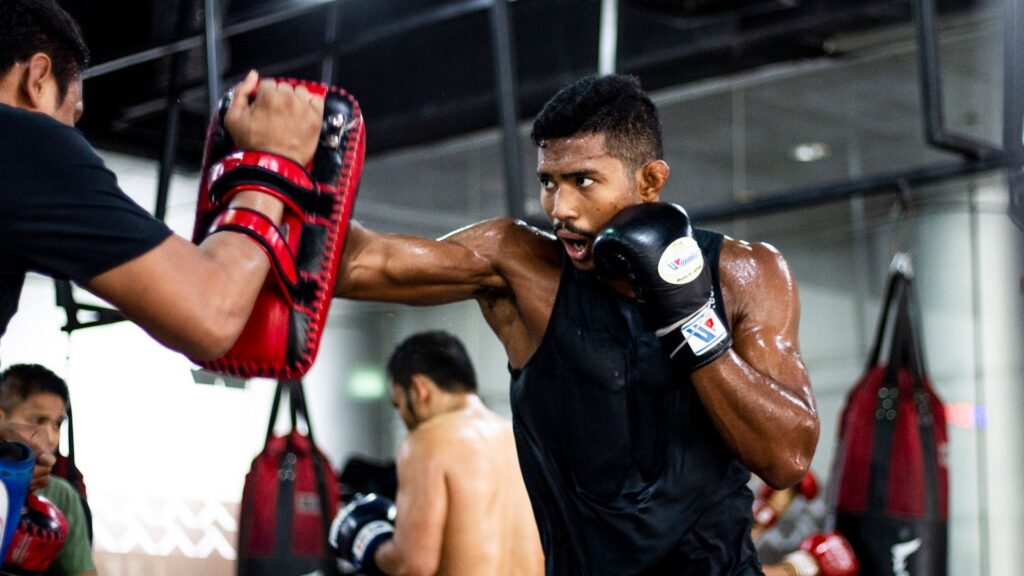
Martial arts disciplines equip you with the toolkit you need to stand up for yourself if you have to. Training conditions your body to navigate confrontation, and it conditions the mind to deal with a threat. Most of all, learning a martial art gives you the tools you need to decide when to back down and when to stand your ground.
The courage you gain from learning a martial art is also useful when making big life decisions. You can use the same courage to get through hard times or to ask your crush out to coffee.
20) Warrior Mindset
Martial arts bring out the inner warrior in you. Everyone starts as a beginner, and you get to find out things you didn’t know about yourself when you train. You realize you’re a lot tougher than you ever thought you were. You realize you can master even the most challenging techniques. You realize you are a natural-born warrior. All these things translate to all aspects of your life. You become more confident, and you no longer fear competition.
Martial Arts Help You Realize Your Full Potential
Pursue martial arts to reach your fitness goals, grow as a person, and make a few friends. As a bonus, you get to learn self-defense, which is a valuable skill to have. Feel free to attend one of Evolve MMA’s complimentary introductory martial arts classes for more tips.
Book your complimentary trial class with our World Champions below!
If you have any other questions regarding Evolve MMA and the programs we offer, you can get in touch with our membership executives at the following locations:
Evolve MMA (Far East Square)
26 China Street
Far East Square #01-01
Singapore 049568
Phone: (65) 6536 4525
Evolve MMA (Orchard Central)
181 Orchard Road
#06-01 Orchard Central
Singapore 238896
Phone: (65) 6536 4556
Evolve MMA (KINEX)
11 Tanjong Katong Road
#02-52 KINEX
Singapore 437157
Phone: (65) 6288 2293
Evolve MMA (Clarke Quay Central)
6 Eu Tong Sen Street
#04-18 Clarke Quay Central
Singapore 059817
Phone: (65) 6226 2150
